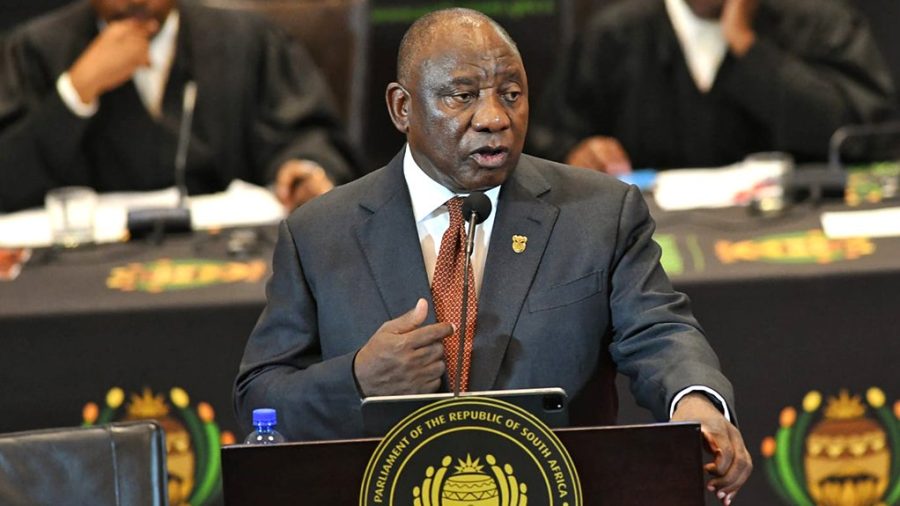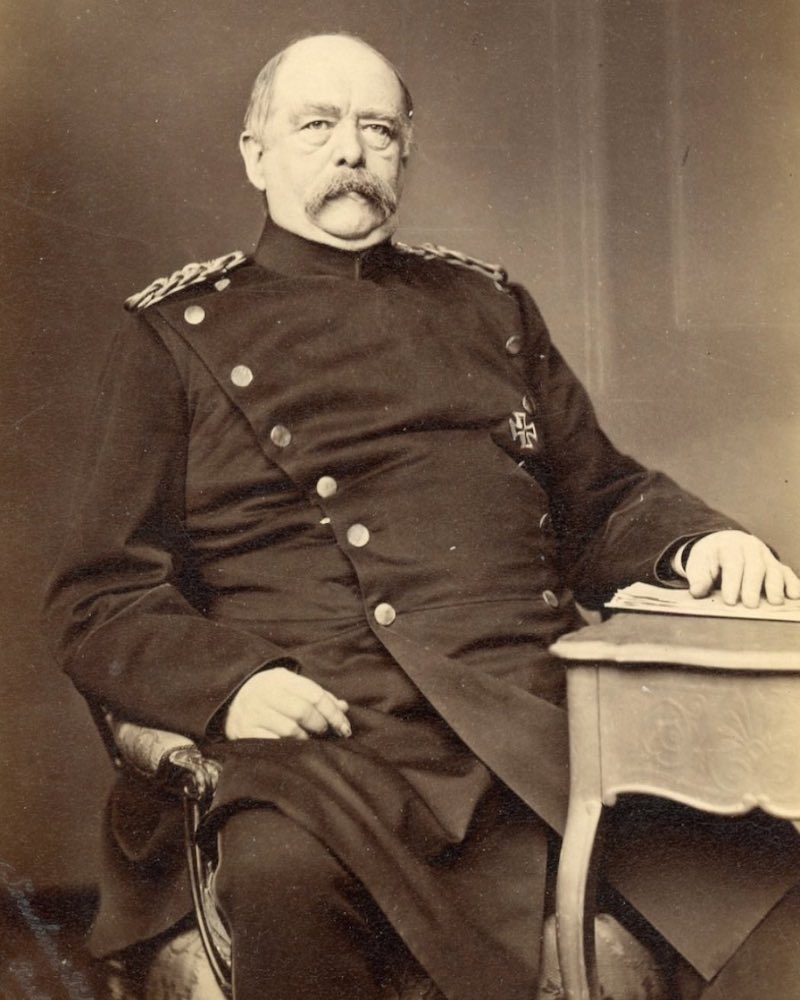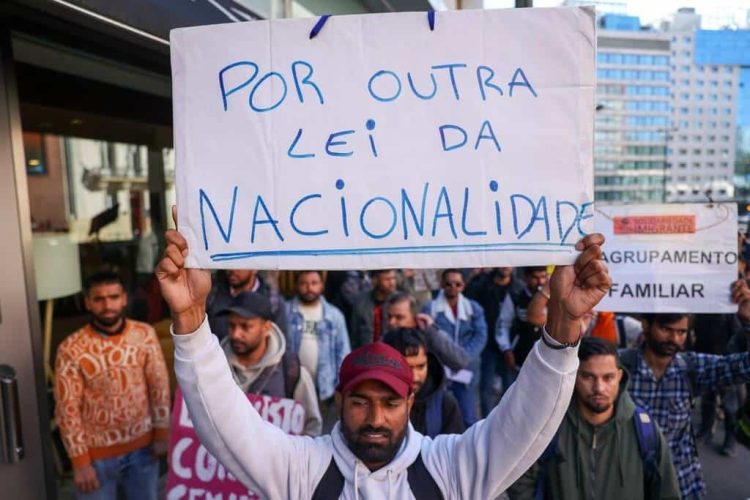In a matter of hours, Johannesburg will host the G20 summit, marking a significant moment as South Africa becomes the first African nation to lead this influential forum. However, the summit’s significance extends beyond this historic milestone, especially against the backdrop of escalating global tensions, trade disputes, and geopolitical divisions.
The G20 was established to foster international economic cooperation and address global challenges. Yet, recent developments suggest that the forum is increasingly becoming a platform for deepening divides rather than bridging them. The United States, under President Donald Trump, has initiated tariff wars targeting various countries, disrupting global trade and straining relations. These protectionist policies undermine the very principles of free trade and cooperation that the G20 was meant to uphold.
Simultaneously, the G7 countries have used international forums to advance political narratives critical of Russia, particularly concerning its actions in Ukraine and NATO’s eastward expansion. This stance has been perceived by many as dismissive of the perspectives of countries in the Global South, including South Africa and other G20 members from Africa, Asia, and Latin America. Such positions risk alienating these nations, who feel that their concerns and interests are sidelined in favor of Western-centric agendas.
A Double-Edged Sword. South Africa’s ascension to the G20 presidency is a moment of pride and a testament to the country’s growing influence on the global stage. President Cyril Ramaphosa has expressed a commitment to addressing issues pertinent to developing nations, such as climate change, food security, and sustainable development. However, this leadership comes with challenges. The country’s stance on land reform and its emphasis on diversity and inclusion have drawn criticism from Western leaders, including U.S. Secretary of State Marco Rubio, who has threatened to withhold aid in response to South Africa’s policies. Such tensions highlight the complexities South Africa faces in balancing its domestic priorities with its role in international diplomacy.
The G20’s recent foreign ministers’ meeting in South Africa underscored the forum’s shortcomings in addressing pressing global issues. While the summit aimed to discuss trade tensions and geopolitical conflicts, the absence of key representatives, such as the U.S. Secretary of State, and the inability to reach consensus on critical matters, highlighted the forum’s dysfunctionality. This lack of effective dialogue and cooperation raises questions about the G20’s capacity to navigate the complexities of the modern world.
Symbolic Gesture? Nigeria’s invitation to the G20 summit is a significant development, reflecting the forum’s recognition of the country’s growing economic and political influence. South Africa has pledged support for Nigeria’s bid to join the G20, emphasizing the need to amplify Africa’s voice in global discussions. This gesture is commendable, but it also brings to light the question of why it took so long for African nations to be included in such influential platforms. The inclusion of Nigeria should not be seen as a token gesture but as a genuine effort to democratize global governance and ensure that the perspectives of the Global South are adequately represented.
The G20 summit presents an opportunity to discuss Africa’s economic challenges and prospects. The African Continental Free Trade Area (AfCFTA) aims to create a single market for goods and services across the continent, potentially boosting intra-African trade and economic growth. However, the success of AfCFTA hinges on the commitment of African leaders to implement its provisions and the willingness of global partners to support the initiative. The G20 summit could serve as a platform to garner international support for AfCFTA and other regional integration efforts, but this will require a shift in the forum’s focus from narrow national interests to broader, collective goals.
As the G20 summit convenes in South Africa, the world watches closely to see whether the forum can rise to the challenges of our time. The current global landscape demands a G20 that is inclusive, cooperative, and responsive to the needs of all nations, not just the powerful few. South Africa’s leadership offers a unique opportunity to reshape the G20 into a more equitable and effective platform. However, this will require overcoming entrenched geopolitical divisions, addressing the concerns of the Global South, and fostering a spirit of genuine collaboration. The outcome of this summit could determine whether the G20 remains a relevant force for global good or becomes another casualty of international discord.
Photo – Cyril Ramaphosa, South African President.




